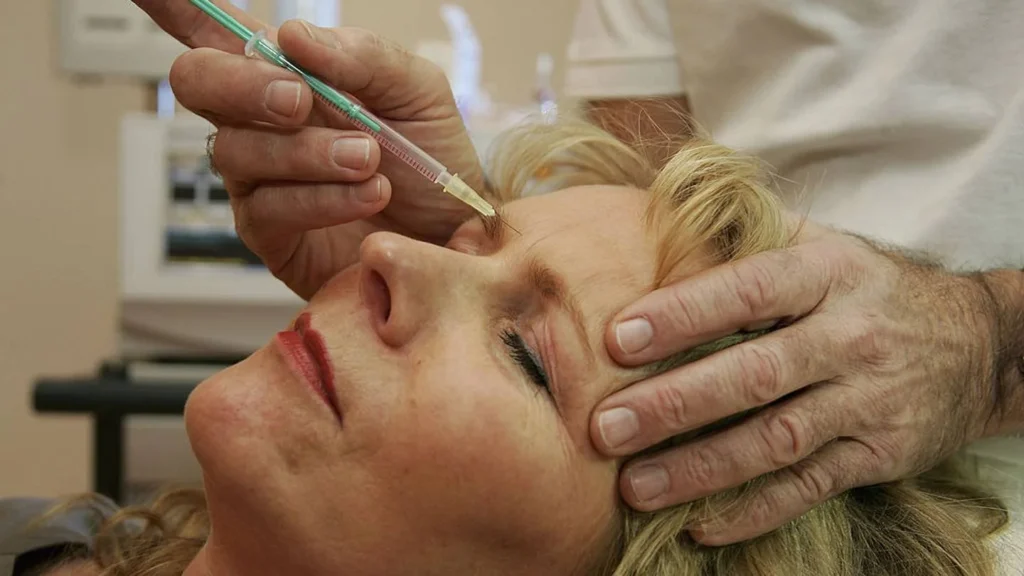
A Seattle plastic surgeon who unlawfully limited patients from sharing negative feedback about his practice and instructed his staff to create false positive reviews has been ordered to pay $5 million for violating Washington State’s consumer protection law.
In a July 1 consent decree, Dr. Javad Sajan and his practice, Allure Esthetic, have been ordered to pay $1.5 million in restitution to 21,000 patients and $3.5 million to the state for their involvement in manipulating patient ratings.
The agreement resolves a federal lawsuit brought by Washington State Attorney General Bob Ferguson that accused the doctor of unlawfully suppressing patients’ negative reviews by requiring them to sign nondisclosure agreements (NDAs) prior to receiving care. In an April ruling, US District Judge Ricardo S. Martinez supported the state’s position, stating that Allure Esthetic’s actions were in violation of the federal Consumer Review Fairness Act (CRFA).
“Expressing an honest opinion about a business should never result in facing threats or intimidation,” Ferguson stated on July 2. “Consumers heavily rely on reviews to make informed decisions, particularly when it comes to services that have a direct impact on their well-being and safety. This resolution firmly holds Allure responsible for blatantly disregarding that trust—aand the law—aand guarantees that the clinic ceases its detrimental behavior.
In court documents, Sajan’s attorneys contended that the agreements did not infringe upon CRFA as patients were given the chance to alter the language or choose not to sign them.
The surgeon’s practice is “satisfied to have reached a resolution with the Attorney General’s Office,” as stated by Sajan’s attorney. “The cooperative settlement, without accepting blame and settling claims made by both parties, enables Allure Esthetic to maintain its primary goal of delivering compassionate care to patients and serving the community.” The decision to settle was a difficult one, but it was crucial to prioritize time and resources where they are most needed—tthe patients.
The disagreement arose from NDAs that Sajan’s practice mandated patients to sign beginning in 2017, as stated in Ferguson’s complaint. The instructions advised patients to reach out to the company directly if they had any concerns, rather than sharing negative feedback online.
According to the lawsuit, the clinic allegedly resorted to legal action in response to negative reviews posted by patients. In some instances, individuals claim that patients were given incentives such as monetary compensation and complimentary services in return for removing their reviews. According to court documents, patients who agreed to receive cash or services were obligated to sign an additional agreement that prohibited them from posting any negative reviews in the future. Failure to comply with this agreement would result in a penalty of $250,000.
Furthermore, Ferguson alleged that Sajan had fabricated positive accounts of patient experiences and purchased artificial followers on social media. According to the state’s complaint, investigators discovered that Sajan instructed employees at Allure Esthetic to create fake Gmail accounts and post false reviews, some of which are still visible online.
Ferguson also alleged that Sajan and his practice used tactics to boost their social media presence, such as buying followers from an online vendor. It has been reported that the practice also utilized a social media bot tool to purchase a large number of artificial likes on platforms such as Instagram, YouTube, and other social media sites.
According to the July 2 release, Ferguson’s office discovered additional evidence of Sajan’s attempts to manipulate his professional reputation through fabrication after filing the lawsuit. Allure Esthetic allegedly manipulated competitions hosted by local media outlets by allegedly paying staff and contractors to vote for Sajan as the top plastic surgeon in the region, according to the release. The staff cast multiple votes, taking advantage of the website’s voting system, even though they were not actual patients of Allure Esthetic.
Along with the $5 million payment, Sajan and his practice are also required to:

Please refrain from engaging in any further activity that may impact consumer reviews. It is advisable to conduct a comprehensive examination of all public reviews on platforms such as Google, Yelp, and other third-party review sites. Additionally, consider requesting the removal of any reviews associated with Allure Esthetic that were either created, posted, or influenced in any way.
Eliminate any deceptive “before and after” images of plastic surgery procedures from its website and social media platforms, and refrain from modifying photographs of upcoming procedures.
Stop using and trying to enforce any illegal NDAs, and inform patients who have previously signed them that they are no longer bound by those agreements.
Hire a third-party forensic accounting firm to conduct a comprehensive and unbiased audit of Allure Esthetic’s consumer rebate program. The purpose is to uncover any instances where Allure Esthetic may have wrongfully claimed rebates that rightfully belong to consumers.
In addition, the attorney general’s office will keep a close eye on Allure Esthetic. If requested, the practice will need to provide information showing its adherence to the consent decree for the next decade.
It is important for the practice to establish internal policies and provide training to staff regarding honest advertising and adherence to consumer protection laws.
Sajan and his practice willingly accepted the terms of the consent decree, and the settlement is not an acknowledgment of fault.